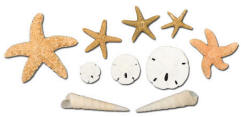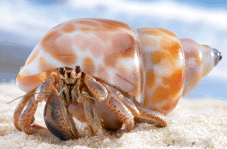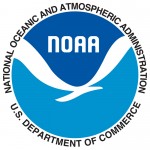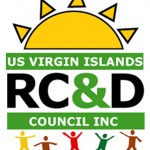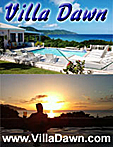|
|
KEEP THE VIRGIN ISLANDS BEAUTIFUL! Residents and visitors appreciate the Virgin Islands for a number of reasons, but the gorgeous beaches and stunning underwater ecosystems definitely rank at the top of our list of favorite things about St. Croix, St. Thomas, and St. John. That’s why it’s important that we all keep our marine life healthy and safe. The Virgin Islands Network of Environmental Educators (VINE) has launched a new awareness campaign called “Leave Paradise in its Place” to tackle the problems we face in protecting our delicate ecosystems. IT’S THE LAW! All native plants and animals of the USVI are protected under the Indigenous Species Act. It is illegal to take, catch, possess, injure, harass, or kill any native animal, or plant. All fish (unless harvested for food), coral, shells, and other marine life are protected. This means no one is allowed to leave the territory with shells, corals or any other marine life in their possession, or to mail them off-island.
CORAL, SAND, AND SHELLS ARE NOT GOOD SOUVENIRS! Did you know that in the past two years alone, more than 1 ton of sand, coral and shells removed from St. Croix beaches have been confiscated by customs agents at Henry E. Rohlsen International airport from visitors wanting to bring a piece of paradise home with them? Our famed white sand beaches are beautiful places to relax and hang out, but they are also living organisms that play an important part in the balance of our ecosystem as a whole. Sandy beaches are made of coral and shelled organisms whose remains erode into sand particles. Shells also serve as homes for hermit crabs and other sea creatures. By leaving the treasures of the beach in their place, you will be helping to keep our beaches beautiful so they can be enjoyed for years to come.
Endangered sea turtles use our beaches by making nests and laying eggs under the sand. Be careful where you place umbrellas and other beach items. Many animals use the beaches for nesting and hatching. Green, leatherback and hawksbill sea turtles come ashore throughout the year to lay their nests, and the baby turtles then make the harrowing journey from sand to sea upon hatching. These turtles are all on the Endangered Species list, though their numbers have started to climb in recent years due to positive intervention and awareness. Please be careful where you walk, drive or place your belongings when hanging out at the beach!
The Virgin Islands is well known for having some of the best snorkeling and diving in the world, and we need to keep it that way! When enjoying an underwater adventure, please respect the corals and sea life– they are integral to the underwater ecosystems and animals that use reefs for shelter and food. Because they are so delicate, reef organisms are affected by the slightest touch by a hand or snorkel fin. Please look but don’t touch when exploring underwater. If you’re operating a boat, please be careful where you toss your anchor! You can protect our vital reefs by making sure you anchor in the sand only. Grab an underwater camera and take a few snaps of your snorkeling trip, but leave everything where it is so that other travelers and residents can enjoy the beauty of the reef!
|
||||||||
|
|
|||||||||
|
|||||||||

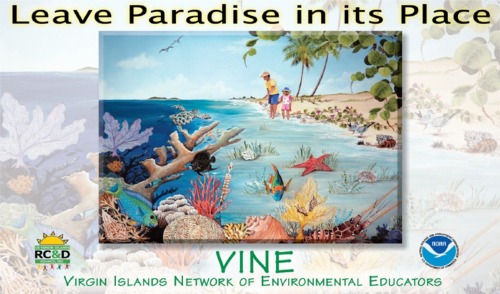

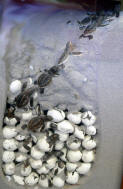 THE
BEACH IS WHERE LIFE BEGINS
THE
BEACH IS WHERE LIFE BEGINS